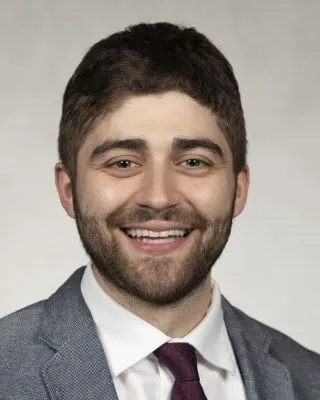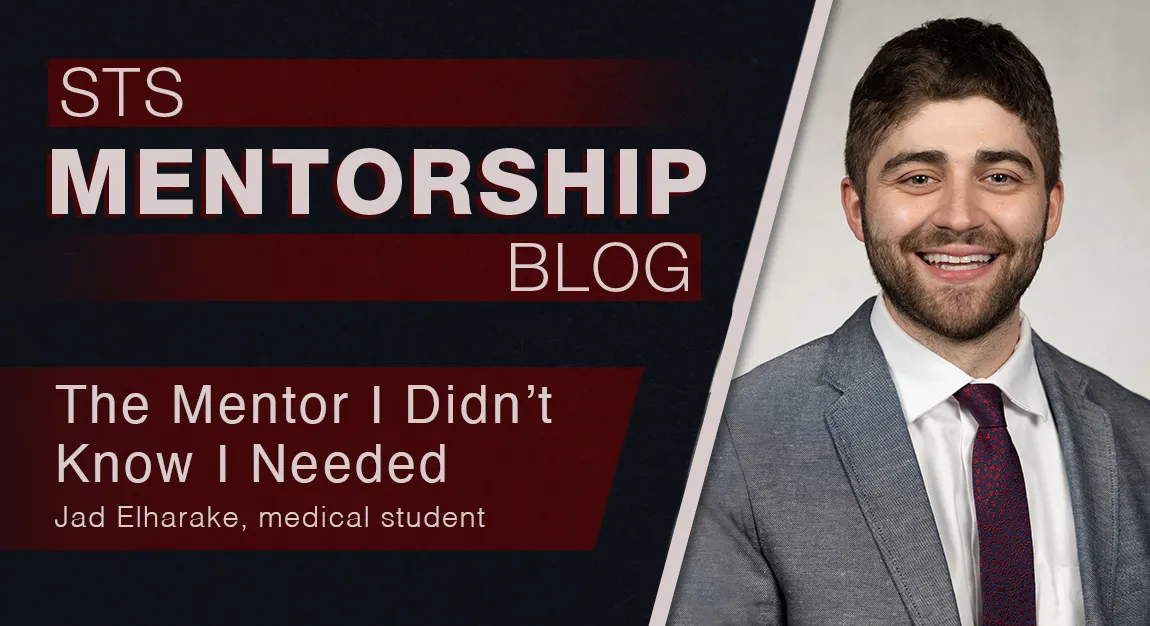- The STS mentorship program and Looking to the Future Scholarship provided more than academic inspiration—it offered a transformative mentorship experience that reshaped the author’s path into cardiothoracic surgery.
- An unfiltered, direct mentorship style provided clarity, motivation, and a realistic roadmap for succeeding in a demanding specialty.
- Mentorship can help medical students feel supported, challenged, and seen as future colleagues rather than just students.
When I was selected for the Looking to the Future Scholarship Program by The Society of Thoracic Surgeons (STS), I expected the 61st Annual Meeting in Los Angeles, California to be an inspiring academic experience. But it was much more than that.
What I did not expect was to find a mentor whose guidance would fundamentally reshape how I view my journey into cardiothoracic surgery. From our first phone call to post-conference check-ins, Dr. Richard “Rick” Lee, a cardiac surgeon at Wellstar Medical College of Georgia Health Medical Center, provided a mentorship style that was raw, direct, and unlike anything I had encountered before.

As a first-generation college graduate, and now a medical student at The Ohio State University College of Medicine interested in an intimidating yet exhilarating specialty, that kind of honesty was exactly what I needed.
The Power of Unfiltered Mentorship
Before the STS conference even began, Dr. Lee scheduled over an hour of his time to speak with me by phone. During that call, he laid out, in crystal clear terms, what it would take to become a competitive cardiothoracic surgery applicant. He didn’t sugarcoat the reality of this demanding field. But it wasn’t just what he said, it was how he said it.
He gave me the real roadmap, stripped of fluff or formality. He told me where the bar was, how to reach it, and what would happen if I didn’t. It wasn’t discouraging. It was clarifying, yet motivating. In a field where information is often vague or overly generalized, his transparency was refreshing and deeply needed.
Meeting in Person: A Defining Experience
When we finally met in person at the conference in January, I already felt like I had known him for months. Dr. Lee made time to grab dinner with me during the meeting, a gesture that meant a lot given the busy nature of the event.
Over a meal, our conversation deepened. He spoke candidly about the full trajectory of a career in cardiothoracic surgery: from medical school to residency to the realities of being an attending.
At the President’s Reception, he introduced me to other cardiothoracic surgeons in the field, expanding my network and helping me feel less like an outsider and more like a future colleague. His advice wasn’t about checking boxes. It was about shaping a mindset. He challenged me to think beyond the residency application cycle and consider the kind of cardiothoracic surgeon, colleague, and leader I want to become.
A Relationship That Endures
What has stayed with me most is how our relationship didn’t end when the conference did. Since January, we’ve kept in touch. I’ve shared personal wins, and Dr. Lee has always responded with encouragement and insight. Whether it’s a quick message or a deeper conversation, he remains accessible, supportive, and committed to my growth.
There’s no performative aspect to his mentorship. He offers tough love when needed but celebrates every success with sincerity. That balance has been transformative for me as a student navigating the highs and lows of medicine.
Mentorship in cardiothoracic surgery doesn’t need to follow a script. Sometimes, the most impactful guidance comes from someone willing to be honest with you, even when it’s hard to hear. Dr. Lee’s mentorship has not only helped me define my path but also reaffirmed why I chose this field in the first place.
For medical students fortunate enough to be part of the Looking to the Future Scholarship program or to find mentors like him, my advice is simple: lean in, listen closely, and take notes. Because those raw, unfiltered conversations might just change everything.
